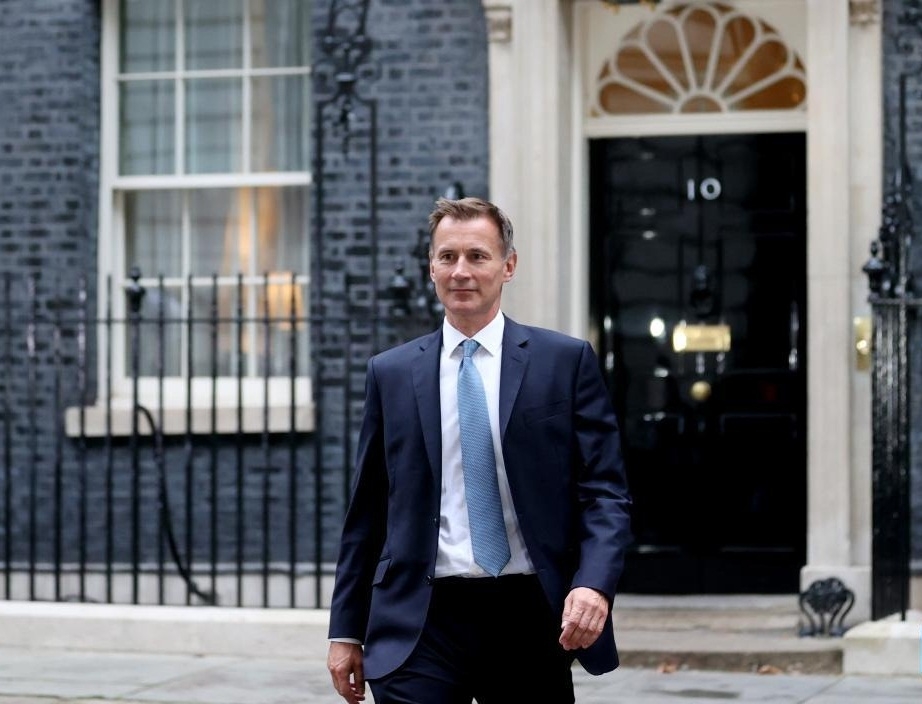Earlier this month, the Bank of England, the central bank, projected consumer price inflation to rise to around 11 percent in the fourth quarter (Q4) of 2022…reports Asian Lite News
The increase in the average pay of workers in the United Kingdom (UK) in the third quarter (Q3) of this year exceeded expectations but still remained well below the country’s double-digit inflation rate, the Office for National Statistics (ONS) said on Tuesday.
Growth in average total pay (including bonuses) was 6.0 percent and growth in regular pay (excluding bonuses) was 5.7 percent in July to September, the ONS said, noting that “this is the strongest growth in regular pay seen outside of the coronavirus pandemic period.”
Economists had expected an increase of 5.9 percent for total pay and 5.5 percent for regular pay.
But with the UK’s inflation rate returning to a 40-year high of 10.1 percent in September, real-term wages are falling at record speed.
After taking inflation into account, total pay (including bonuses) fell by 2.6 percent over the year and regular pay (excluding bonuses) fell by 2.7 percent.
“This is slightly smaller than the record fall in real regular pay we saw in April to June 2022 (3.0 percent) but remains among the largest falls in growth since comparable records began in 2001,” it said.
Soaring prices are also having an impact on companies’ hiring plans. Employers in increasing numbers cited economic pressures as a factor in decisions to hold back on recruitment, making the number of job vacancies in August to October drop to 1.225 million, according to the ONS.
“With real earnings continuing to fall, it’s not surprising that employers we survey are telling us that most disputes are about pay,” Darren Morgan, ONS director of labor and economic statistics, said.
Earlier this month, the Bank of England, the central bank, projected consumer price inflation to rise to around 11 percent in the fourth quarter (Q4) of 2022.
Also on Tuesday’s ONS data sheet, the UK employment rate for July to September was quoted at 75.5 percent, largely unchanged on the previous quarter. The unemployment rate decreased by 0.2 percentage points on the quarter to 3.6 percent.
Responding to the ONS release, Chancellor of the Exchequer Jeremy Hunt blamed the Russia-Ukraine conflict for the surging inflation and noted that the unemployment rate remains near record lows.
“Restoring stability and getting debt falling is our only option to reduce inflation and limit interest rate rises,” Hunt said.
ALSO READ-A closer look at India Food Inflation

